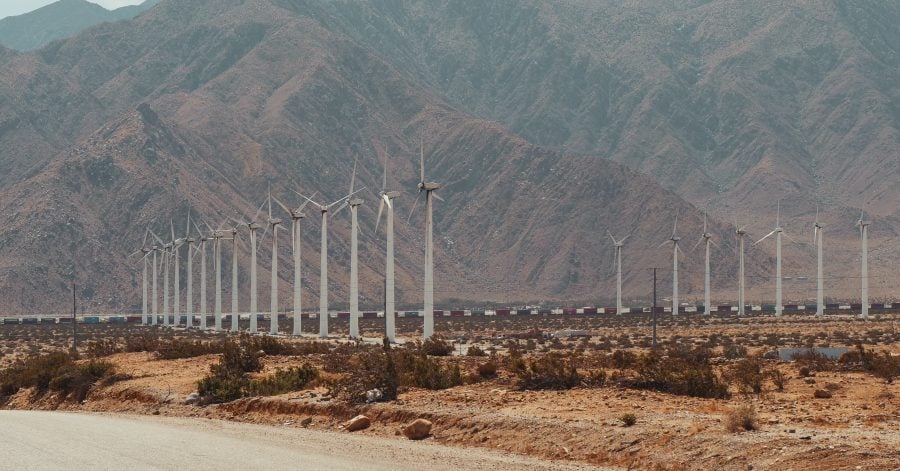Last week, at the summit with the leaders of the Western Balkan countries, the EU confirmed that the region will receive €9B in grants and €20B in investments for implementing the Green Agenda Action for climate action reforms.
The Action Plan addresses reforms aimed at climate action, pollution control, nature protection, biodiversity, and regional integration, and it also includes a timeframe for compliance with the EU Emissions Trading Scheme, set for 2024.
All of this is in line with the new EU-oriented development policy, and the EU’s ambitious plan through the economic mechanisms at its disposal to invest hundreds of billions of euros a year in sustainability to make Europe the first “climate neutral continent” by 2050.
For the Western Balkan countries, a part of the funds, or €1.1B will be made available by the year’s end for the implementation of this plan. The Western Balkans countries also have a task to adopt energy and climate ambitions that match the EU’s target – to cut greenhouse gas emissions by 55% by the end of the decade and other related goals, which require a major transformation.
For countries such as North Macedonia, whose access negotiation process with the EU is still in limbo, such investments could also mean an incentive to start fulfilling the necessary standard in the field of environment and climate, experts say.
“Regardless of the moment when the country formally starts negotiations with the EU, internally, there is no obstacle to start accelerating the fulfillment of the standards in the field of environment and climate,” Emina Rustemoska, an EU environmental law expert from North Macedonia, tells The Recursive.
“For this, it is necessary to reorganize the institutions in terms of filling and hiring appropriate staff, especially at the local level because many of the programs that will be implemented will require great engagement from the local self-government units,” Rustemoska adds.
Additionally, the new EU negotiations methodology clearly defines the path that needs to be taken to meet the EU criteria from Cluster 4 Green Agenda and sustainable connectivity, according to which there will be a strengthening of cross-sectoral cooperation at both central and local level.
Currently, North Macedonia’s authorities are taking notable steps to improve the situation, such as increasing the protected areas, declaring new national parks, stopping the construction of hydropower plants. In the summer, the country also became one of the sixteen European countries that have committed to phase out coal by 2030.
According to Davor Pehcevski from Eko-svest, a Skopje-based environmental Research and Information center, while the action plan is initially good, what it lacks at the moment is specificity in terms of deadlines and implementation mechanisms.
“This plan now needs to be developed at the national level in more detail, with a clear timeline for implementation and, of course, in coordination with all stakeholders and the civil society sector,” Pehcevski, project coordinator at Eko-svest, tells The Recursive.
“We must have a national strategy for implementing this action plan because it is a complex process and covers all sectors and ministries,” Pehcevski explains.
This week, the German wind and solar park developer WPD announced that it will invest €500M to build a 400 megawatt (MW) wind park in North Macedonia, which will aim to help the transition from coal to green resources, adding 400 MW to the 700 MW green target set by the government.
In June this year, the Austrian bank Erste Group also announced a €51M investment in a private wind farm project in the country.
For Rustemoska, these and similar developments could mean that authorities will look to intensify clean energy programs.
“This will also help create better climate policies and programs, and certain sectors such as agriculture and tourism to fight climate change, since they are also primarily affected by such developments,” Rustemoska emphasizes.








